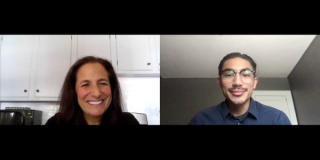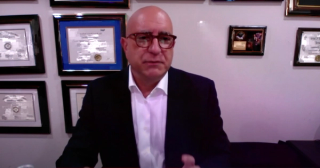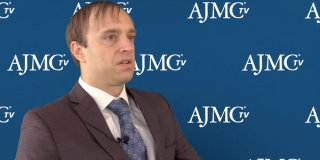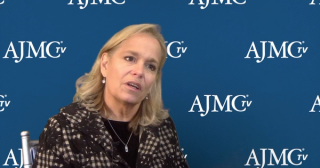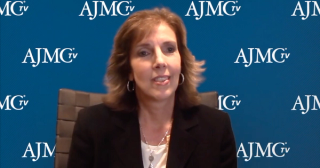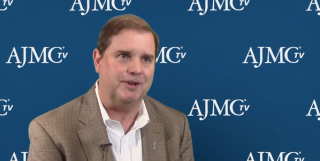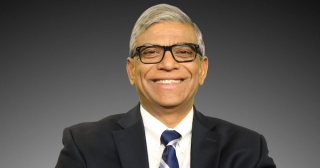
Oncology
Latest News

Latest Videos

CME Content
More News
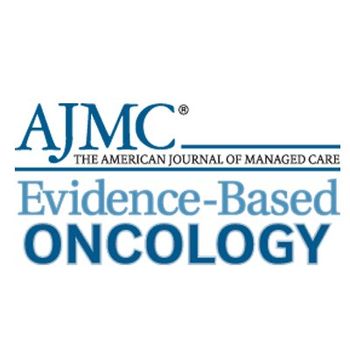
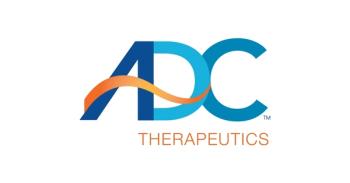
Trial results showed an overall response rate of 48% and a complete response rate of 24%.

Quantifying the return on investment came up for both those implementing an oncology care pathway (as a potential barrier) as well as for payers still not convinced it is a way to go.

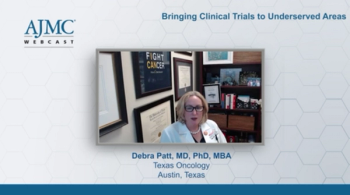
In the inaugural Oncology Value Coalition from The American Journal of Managed Care®, Kashyap Patel, MD, led a discussion with Debra Patt, MD, PhD, MBA; and Karen Winkfield, MD, PhD, exploring findings that suggest minority groups develop cancer at higher rates and experience worse outcomes than nonminority groups.
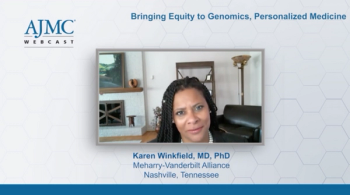
In the inaugural Oncology Value Coalition from The American Journal of Managed Care®, Kashyap Patel, MD, led a discussion with Debra Patt, MD, PhD, MBA; and Karen Winkfield, MD, PhD, exploring findings that suggest minority groups develop cancer at higher rates and experience worse outcomes than nonminority groups.
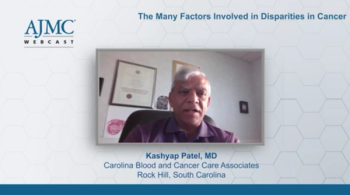
In the inaugural Oncology Value Coalition from The American Journal of Managed Care®, Kashyap Patel, MD, led a discussion with Debra Patt, MD, PhD, MBA; and Karen Winkfield, MD, PhD, exploring findings that suggest minority groups develop cancer at higher rates and experience worse outcomes than nonminority groups.

Treatment patterns and overall survival were similar regardless of site of care between patients receiving anticancer therapy in the hospital outpatient vs physician office setting.
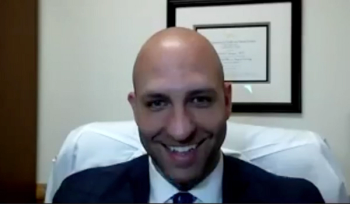
Russell Langan, MD, chief of Surgical Oncology and Hepatopancreatobiliary Surgery at Saint Barnabas Medical Center discusses the workflow of a cloud-based data management platform for patients with pancreatic cysts.
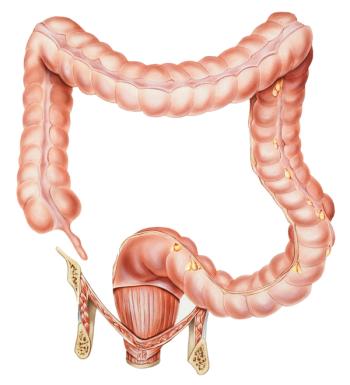
The device, which highlights for gastroenterologists regions of the colon that have visual characteristics consistent with possible cancerous abnormalities, is already in use in Europe.

Cases of pancreatic and liver cancers are expected to rise by 2040, and there will be more melanoma cases, according to new estimates of future US cancer incidence and death.
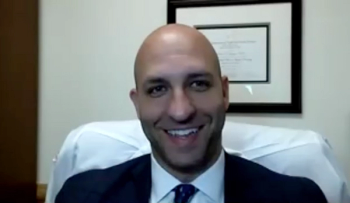
Russell Langan, MD, chief of Surgical Oncology and Hepatopancreatobiliary Surgery at Saint Barnabas Medical Center, details the implementation of the center's Pancreatic Cyst Surveillance Program.

The study was originally undertaken to convince MD Anderson’s providers that publishing survey results online would help their reputations.
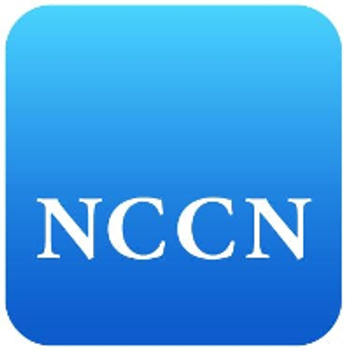
A panel at the NCCN Virtual Annual Meeting finds that while primary care physicians and oncologists can share information, records may not be well integrated and in easy-to-use formats.

A keynote session at the NCCN Virtual Annual Conference brought a panel of patient advocates and experts together for a timely and necessary discussion about strategies to reduce racial disparities in oncology.

During a session at the National Comprehensive Cancer Network (NCCN) annual virtual conference, the payer perspective and physician experiences with PRO systems in both the community and academic medical center settings took center stage.

Pharmacists from the Cleveland Clinic discuss the impact of payer dispensing requirements, known as white bagging and brown bagging, on oncology practices and on patients.

Amye J. Tevaarwerk, MD, director of the Survivorship Program at the University of Wisconsin Carbone Cancer Center, discussed the impact that cancer diagnosis and treatment can have on survivors when it comes to work.
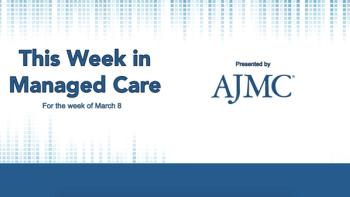
This week, the top news in managed care included CDC guidance on safe activities for fully vaccinated individuals; American Rescue Plan signed into law; new lung cancer screening criteria expand eligibility.
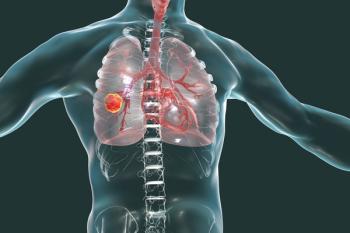
Updated lung cancer screening recommendations from the U.S. Preventive Services Task Force include 2 changes that will nearly double the number of people eligible for screening.

A panel at the Association of Community Cancer Centers discusses lessons from the year of COVID-19.

A presentation at the ACCC 47th Annual Meeting & Cancer Center Business Summit gave virtual attendees an overview of research on PROs and how RSM can be incorporated into an oncology practice.

FDA's action marks an abrupt change of course from the Priority Review granted September 2020.
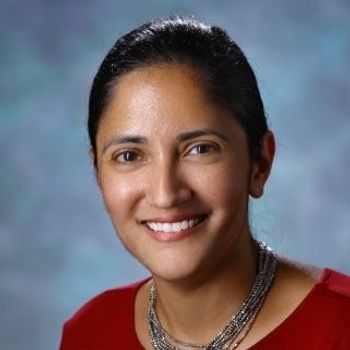
Kavita Patel, MD, MS, FACP, a fellow at the Brookings Institution Center for Health Policy, touched on key topics in health care at the ACCC 47th Annual Meeting and Cancer Center Business Summit.

Loading chimeric antigen receptor (CAR) T-cells with the oncolytic virus pelareorep improved their efficacy in solid tumor mouse models in a preclinical study presented at the CAR-TCR Summit Europe 2021.




